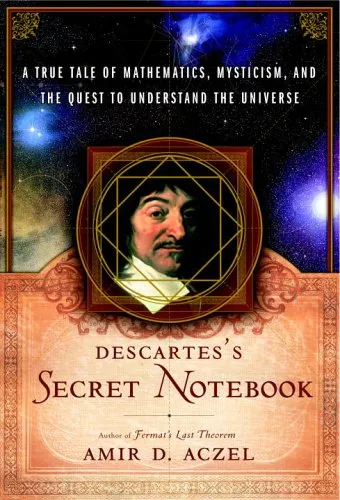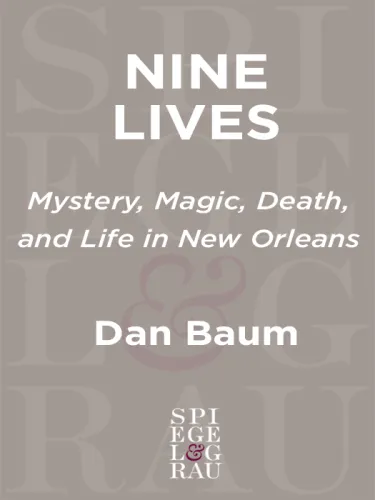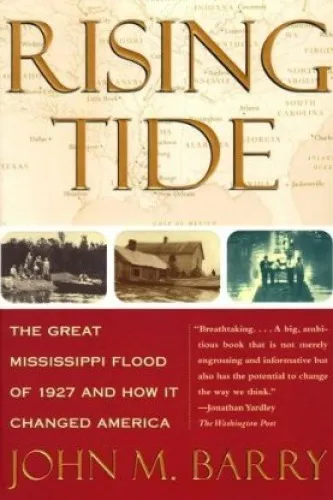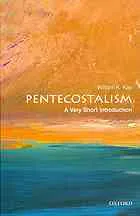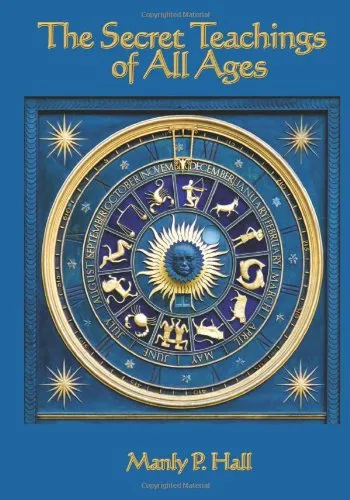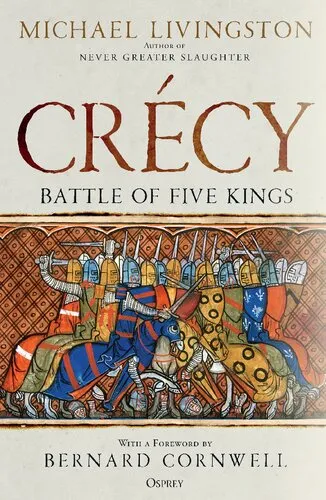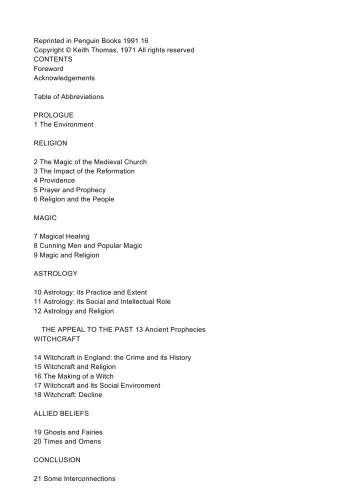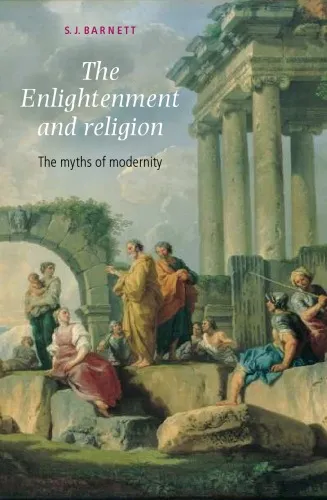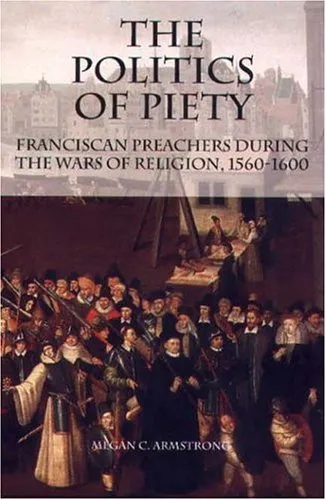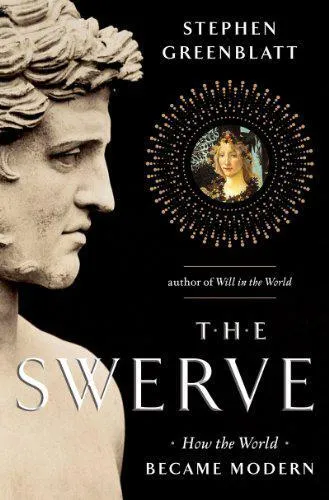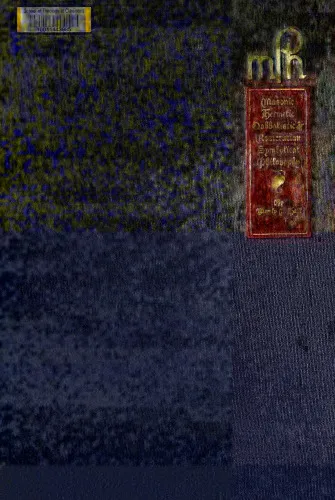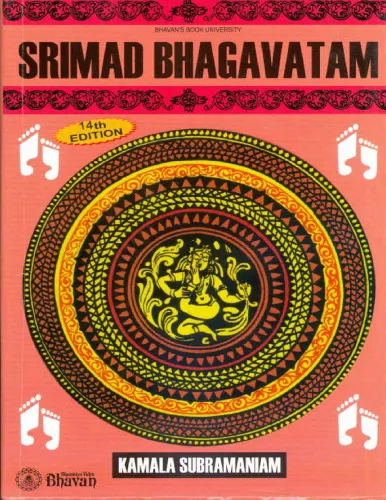Vedānta, Bhakti, and Their Early Modern Sources: Philosophical and Religious Dimensions of Brajvāsīdās’s Prabodhacandrodaya Nāṭaka
4.4
Reviews from our users

You Can Ask your questions from this book's AI after Login
Each download or ask from book AI costs 2 points. To earn more free points, please visit the Points Guide Page and complete some valuable actions.Related Refrences:
Analytical Summary
This volume, Vedānta, Bhakti, and Their Early Modern Sources: Philosophical and Religious Dimensions of Brajvāsīdās’s Prabodhacandrodaya Nāṭaka, offers a meticulous investigation into the intellectual, spiritual, and literary contexts of one of the most notable early modern Sanskrit plays, reframed in Brajvāsīdās’s recasting within Braj literary tradition. It situates the work at the intersection of Vedāntic metaphysical inquiry and Bhakti devotional expression, revealing how these philosophical traditions were received, interpreted, and adapted in early modern North India.
The study brings together philological precision, contextual scholarship, and interpretive insight to showcase how Brajvāsīdās engaged with the Sanskrit original, the Prabodhacandrodaya, and transformed it in ways that reflect the theological priorities of his own milieu. By drawing on sources from both Vedānta and Bhakti, the text serves as an archival footprint of robust cross-pollination between abstract philosophy and embodied devotion.
Structured to appeal to scholars of Indology, religious studies, and comparative literature, the book adopts an analytical stance that balances descriptive detail with thematic breadth. It traces ideological genealogies, examines linguistic nuance, and positions the work within larger conversations about sectarian identity, spiritual praxis, and political undercurrents of early modern South Asia.
Key Takeaways
Readers will emerge from this book with a nuanced understanding of how Vedānta and Bhakti coexisted and sometimes contested each other’s frameworks, particularly within performative literary genres.
Key insights include recognition of the Prabodhacandrodaya Nāṭaka not just as a philosophical allegory, but as a document of lived religiosity in Braj. Its adaptation by Brajvāsīdās demonstrates the shifting priorities of devotional communities and their capacity to refract metaphysical doctrines through culturally resonant idioms.
The reader gains tools for parsing theological discourse in vernacular forms, understanding the mechanisms of textual transmission, and assessing the interplay between Sanskrit and early modern regional languages.
Memorable Quotes
The play becomes not only a mirror of philosophy but a vessel of devotion, where metaphysics finds embodiment in human longing.Unknown
In the fusion of Vedānta’s intellectual rigor and Bhakti’s emotional fervor, the soul confronts its own truths.Unknown
Translation is transformation; in Brajvāsīdās’s hands, philosophy sings.Unknown
Why This Book Matters
For academics and serious readers, this work offers rare access to a multidimensional study of a pivotal moment in Indian intellectual and devotional history.
The braiding of Vedānta’s abstract reasoning with Bhakti’s heartfelt praxis in Brajvāsīdās’s adaptation serves as a case study in cultural translation—how doctrines migrate across time, space, and language to meet the needs of new communities. It also foregrounds the role of literature as a vehicle for philosophical ideas, challenging the oft-held division between literary and philosophical disciplines.
Its interdisciplinary approach makes it valuable for philosophers tracing the reception of Advaita Vedānta, historians investigating sectarian developments, and scholars of literature exploring the performative power of religious texts. Whether assessing allegorical structures or devotional imagery, the book provides an authoritative lens on early modern Indian thought.
Inspiring Conclusion
In Vedānta, Bhakti, and Their Early Modern Sources: Philosophical and Religious Dimensions of Brajvāsīdās’s Prabodhacandrodaya Nāṭaka, readers are invited to traverse a sophisticated landscape where philosophy meets devotion, and textual tradition becomes a living dialogue across centuries.
By engaging with this study, you take part in an ongoing conversation about the adaptability and vitality of Indian philosophical and devotional traditions. Whether you are a scholar, teacher, or dedicated reader, the examination here arms you with knowledge to deepen your understanding and to share these insights meaningfully.
The next step is yours: read closely, reflect deeply, discuss widely—and let the confluence of Vedānta and Bhakti inspire your own paths of inquiry.
Free Direct Download
You Can Download this book after Login
Accessing books through legal platforms and public libraries not only supports the rights of authors and publishers but also contributes to the sustainability of reading culture. Before downloading, please take a moment to consider these options.
Find this book on other platforms:
WorldCat helps you find books in libraries worldwide.
See ratings, reviews, and discussions on Goodreads.
Find and buy rare or used books on AbeBooks.
1180
بازدید4.4
امتیاز0
نظر98%
رضایتReviews:
4.4
Based on 0 users review
Questions & Answers
Ask questions about this book or help others by answering
No questions yet. Be the first to ask!

